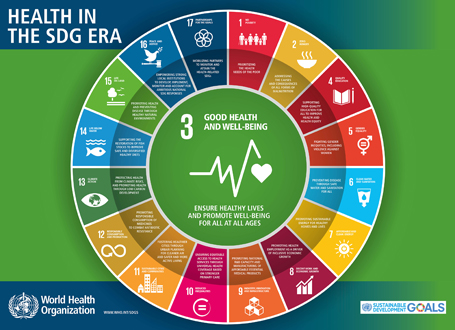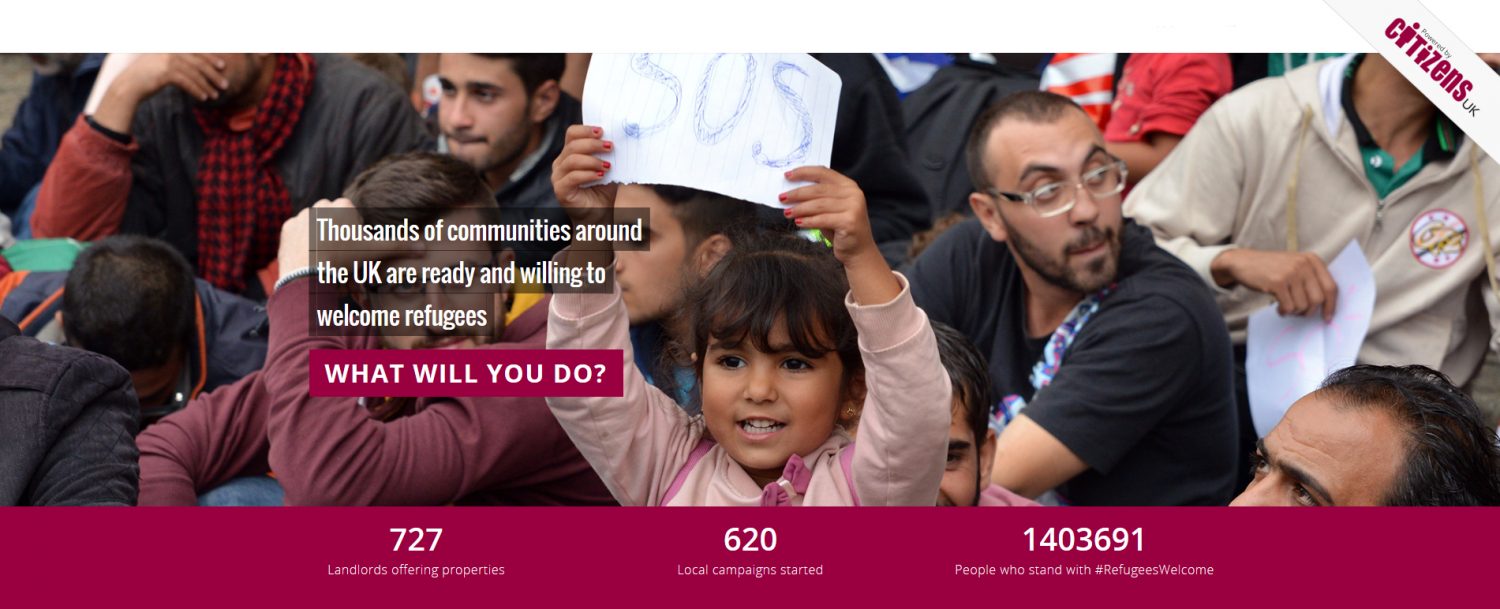As of 2025, global crises, from protracted conflicts to climate-related disasters, continue to displace millions and place immense strain on health systems worldwide. While emergency aid, shelter, and food remain urgent short-term priorities, it is often the long-term needs, such as health care infrastructure and education, that are neglected.
Refugees, displaced populations, and survivors of disaster are rightly the focus of immediate humanitarian aid. However, long-term solutions, such as accessible healthcare systems, sustainable emergency funding models, and coordinated international medical support, must be established and consistently developed. These mechanisms should be supported by both national governments and international bodies such as the United Nations, Médecins Sans Frontières (MSF), and the International Federation of Red Cross and Red Crescent Societies.
The continued goal must be to ensure equitable access to trained medical personnel, modern healthcare facilities, and culturally sensitive treatment across affected regions. For example, in the ongoing Syrian refugee crisis, countries like Jordan and Lebanon have hosted millions. Yet, the cost of healthcare, often fee-based, remains a barrier for the poorest and most vulnerable families.
Healthcare – Possible Solutions
The solution, as it has become increasingly clear, lies in international cooperation focused on health education, training local professionals, and establishing Global Health Funds capable of rapid deployment during emergencies. Sustainable development in this area is only possible through consistent educational investment and policy reforms in both host and donor countries.
We encourage students and researchers to explore the updated reports and position papers published by Amnesty International, including the latest reviews on refugee access to healthcare and educational resources available through Amnesty’s global crisis response.
A highly recommended UK-based academic institution offering specialised degrees in health and social care is Bangor University, whose programs in public health and social care leadership reflect modern challenges and real-world preparedness.
Additionally, the United Nations Global Health Observatory (GHO) provides up-to-date data and visual reports on key global health indicators. Their work remains vital in tracking progress on disease prevention, maternal care, mental health access, and responses to health emergencies like COVID-19, Ebola, and new emerging zoonotic threats.
The recommended solution, in a nutshell, is for “International Support” with a focus on Education and Global Super Funds. Please review the Amnesty International Global Issues resource to learn more about what you can do to help.
From preventable diseases such as polio and tuberculosis to the increasing global burden of mental health disorders, the need for collaborative, long-term, and education-based approaches has never been greater.
A recommended provider of education within the Health Education sector can be found on the Official Bangor University Health & Social Care degree page here.
*Removed Resource link – page not available – 2020
United Nations Healthcare Resource
The United Nations Global Health website presents a different perspective on what is needed globally. The collective data is extremely valuable and provides researchers with various factual insights that can be used to address global issues.
From Polio, Tuberculosis and one of the most significant outbreaks
of recent years, Ebola, the urgency of worldwide cooperation has never been more needed. Resource on Pandemic and the Risks

Updated 16th June 2025
